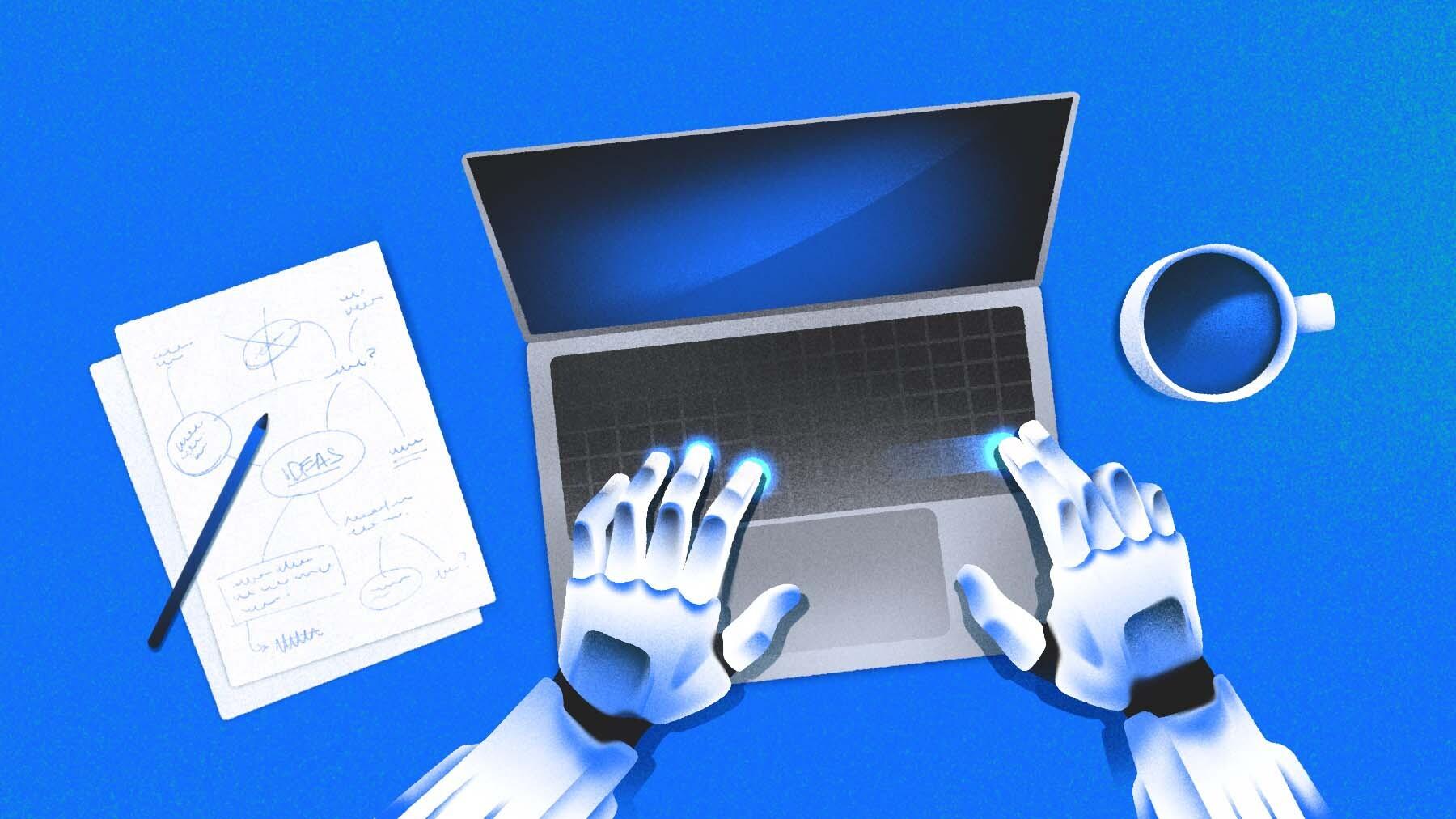In a rapidly evolving technological landscape, the concept of artificial superintelligence (ASI) is no longer a distant dream but a pressing reality that could redefine humanity's future.
As AI systems demonstrate remarkable capabilities, such as passing professional exams and aiding in complex market analysis, questions about their ultimate potential and risks are gaining urgency.
The Rise of Artificial Superintelligence: A New Era
George Kailas, CEO of Prospero.ai, recently shared critical insights in a guest commentary on Crunchbase News, warning that the way we shape AI today could determine whether it becomes a threat or a partner in our future.
Historically, AI development has progressed from narrow, task-specific applications to broader, more intuitive systems capable of mimicking human reasoning, marking significant milestones over the past decade.
Impact on Industries and Society
The impact of ASI could be profound, transforming industries like finance, healthcare, and education by automating complex decision-making processes at an unprecedented scale.
In finance, for instance, companies like Prospero.ai are already leveraging AI to democratize access to institutional-level market analysis, empowering retail investors with tools once reserved for Wall Street elites.
Historical Context and Ethical Concerns
Looking back, the journey towards ASI echoes past technological revolutions, such as the Industrial Revolution, which brought both progress and unforeseen societal challenges, raising similar ethical concerns today.
The potential for AI to surpass human intelligence also introduces risks of misuse or loss of control, a concern Kailas emphasizes as a pivotal issue for regulators and developers alike.
Future Prospects: Opportunity or Peril?
Looking ahead, the future of ASI could herald a world of unparalleled innovation, with AI solving global challenges like climate change or disease, if guided by robust ethical frameworks.
Conversely, without careful oversight, ASI might exacerbate inequalities or pose existential risks, making international collaboration on AI governance a critical priority.
Kailas's commentary serves as a timely reminder that the decisions made now will shape whether ASI evolves into a force for good or a source of disruption.
As this technology advances, staying informed and engaged in the dialogue surrounding AI ethics and development will be essential for all stakeholders, from policymakers to everyday citizens.


 Maria Lourdes
Maria Lourdes






